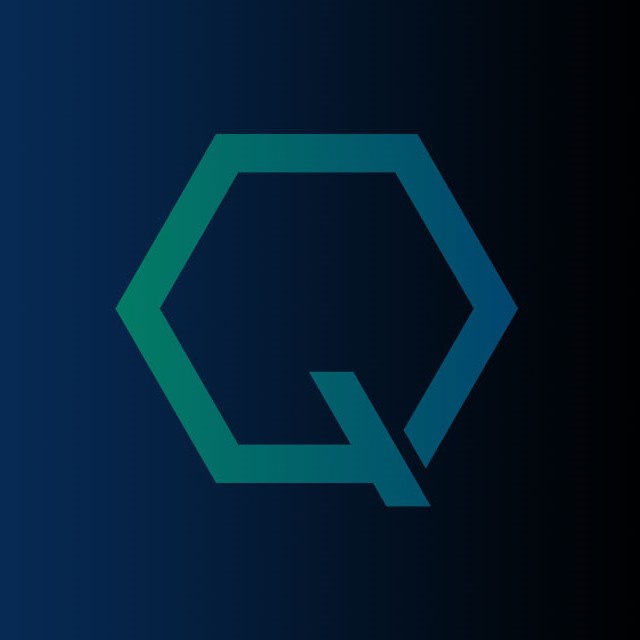Lexiqn - A DIY Story



Journey to Efficient Multilingual Storytelling
We love stories. We like saying that. As first-generation citizens in the US, we are bilingual and have always wanted to learn, study and tell the tales from our roots. However, we quickly discovered that writing these stories involved much more than simply narrating them.
To properly explain and contextualize events, we had to corroborate details through extensive research, often involving non-English source material.
Hmmm, We are "Less-resourced"
The challenges of less-resourced language content research soon became apparent. Many of the books and websites we needed were not digitized, and the majority were written in languages other than English.
This meant we had to spend significant time and effort digitizing, translating, and organizing this content before we could even begin writing. The slow pace was frustrating, and we knew there had to be a more efficient way.
Maybe, AI will do
As AI and large language models advanced, we saw an opportunity to leverage these technologies to streamline our workflow. However, existing tools had limited capabilities when it came to non-English content, still requiring extensive manual guidance.
We realized that to truly solve our pain point, we would need to build a solution ourselves.
We happen to be software engineers that happened to love stories. So it felt like we were at the right intersection to DIY something useful.
Lexiqn
Lexiqn is our project to create an AI-assisted tool specifically designed for less-resourced language story research and generation. By incorporating AI at various stages, from content curation and digitization to translation, contextualization, and writing, we aim to dramatically speed up the process while maintaining the depth and nuance of the stories we want to tell.
Navigating the Bias
The bias against non-English languages in AI is a real issue. As noted in a recent Wired article, even in diverse states like California, tools like ChatGPT have significant gaps in their language capabilities. OpenAI CEO Sam Altman has acknowledged the need to partner with governments and organizations to acquire datasets and broaden the benefits of these technologies to as wide a group as possible.
Based on our own experience on the inefficiencies of less-resourced language content research, we believe solutions like Lexiqn may help close the language gap. By making Lexiqn available to others, we hope to empower more people to tell their stories, regardless of the language they are rooted in.
Simply a passion
Development of Lexiqn feeds our passion for efficient storytelling but it may also play a small part in contributing to closing the language gap in AI.
Although Lexiqn's operating language is still English, if more such projects are built by the community, the workflow they implements for translation and contextualizing content can help produce content that can help in building the corpora AI models need to train themselves on to understand other languages, basically through a Rosetta-Stone (Egypt) effect.
If you have faced similar inefficiencies in your own non-English language content research and generation, please feel free to try Lexiqn for free. We believe that everyone should have access to the tools they need to share their stories with the world.